According to research by the College of Optometrists in the UK, 31% of Brits said that their eyesight had gotten worse during the pandemic. That’s not all, a recent report published on Bloomberg also says that our lockdown habits might have led to poor eyesight and a need for vision correction. It mentions a study published early this year in JAMA Ophthalmology, which reported that myopia in children ages 6 to 13 increased by up to three times in 2020 from the period between 2015 and 2019. Myopia, or nearsightedness, is when you can see close by things clearly but struggle to see distant objects. On average, children were more shortsighted by -0.3 diopters (the unit used to measure lens prescription). Not just children, a lot of adults have complained of blurriness and eye strains. Our opticians in Bury and Walkden received a lot more requests for our free eye tests during and after the lockdown period. And the most common concern is - “My eyesight is getting worse all of a sudden.” If you too feel like you need a new prescription, consult your optician immediately.
The Lockdown Lifestyle - Does it Lead to Bad Eyesight?
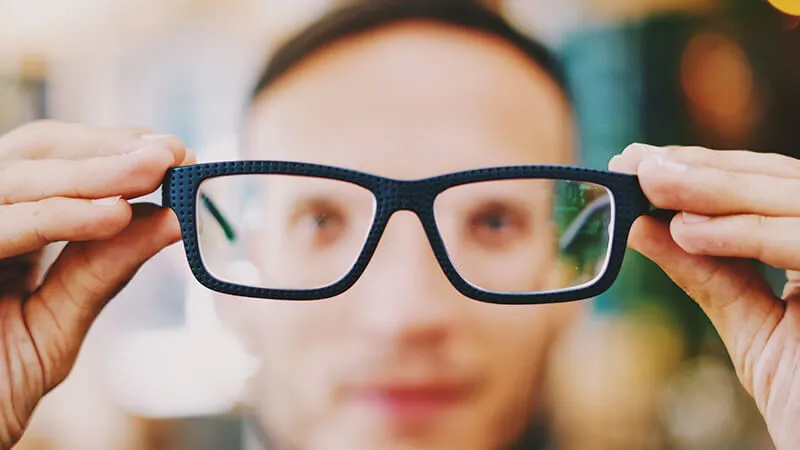
But what causes bad eyesight? According to William Reynolds, president of the American Optometric Association, “Increasing screen time is usually accompanied with a lack of outdoor time and a more sedentary lifestyle. The more time children are inside reading, studying and using their electronic device(s), the less natural light the eye is receiving to develop properly,”
The best way to deal with it is to cut down on screen time. And even if you have to work in front of a screen for long periods of time, make sure to take regular breaks. Go for a walk outside, take in fresh air, give your eyes a chance to focus on something else. The experts recommend the 20-20-20 routine - after 20 minutes of looking at a screen, stare at a spot 20 metres away for 20 seconds.
Apart from vision correction, the discussion around screen time also revolves around another harmful element - the blue light wavelength emitted by screens. While research is still going on about it, according to some experts it might cause Computer Vision Syndrome, which leads to dry and strained eyes, headaches and fatigue. More about this at the end of the blog.
Before that, let us look at other reasons why your eyesight might be worsening. Apart from WFH routines and increased screen use, these might be the factors responsible for bad eyesight -
1. Getting Older
With age, our eye muscles start losing their flexibility, and as a result, their ability to focus. After 40, you may start having trouble seeing objects close by. That is when a lot of people need reading glasses to read books, newspapers and texts on the phone, etc. This condition is called farsightedness or presbyopia. Even if you already have nearsightedness, you can use bi-focals or progressives/varifocals to correct both conditions with a single pair of glasses.
2. Cataracts
This is another condition which usually develops with age. They occur when proteins in the eye build up to form a milky cloudiness over the lens. It causes blurry vision and the condition can get worse over time. It can be treated with a small surgery. In fact it is one of the most important conditions in the UK. For more information, please contact your optician about this condition.
3. Is Poor Eyesight Genetic?
Bad eye sight is more complex than we can imagine. But yes, it can run in families. If your parents have bad eyesight, you will tend to need vision correction too. But it depends on other lifestyle and environmental factors as well. For example, drinking, smoking, poor diet, over exposure to sunlight, etc. may contribute to bad eyesight. The sun’s UV rays can have a harmful effect on our eyes as well, apart from the skin. That’s why all our prescription and non-prescription glasses come with a free anti-UV coating.
Ultra-violet rays might not be the only component of light that can be harmful. Let’s see what the research says about blue light.
What is Blue Light and Does it Cause Bad Eyesight?
The discussion on the importance of blue light glasses has been a heated one recently. With a lot of opinions available online behind blue light, it's time we broke things down a bit.

Blue light is a part of the spectrum of light (which also includes red, orange, yellow, green, indigo, violet). It has short wavelengths and high energy. Apart from the sun, which is its biggest source, they are also emitted by digital screens (in much lesser quantity, but our close proximity to them makes things trickier). Some experts believe it can cause serious harm to our eyes, while some believe they are responsible for just eye strain and tiredness.
According to WebMD, increased exposure to blue light specifically can cause damaging changes to your sleep-and-wake cycle or circadian rhythm. More than any other colour, blue light suppresses the production of melatonin, a hormone that controls the sleep cycle. This interruption with the bodily cycle can cause long-term health damage.
The introduction of blue light glasse in this case helps to keep away from this harmful light. A coating of chemicals or lens structure which only blocks the blue-light wavelengths is the central concept behind the whole idea. The absence of blue light can help our eyes get a little more relaxed and not get extremely dry and tired.
Moreover, this also can also help us sleep well at night since there is good production of melatonin. Our friends at Cosmopolitan UK have a similar opinion when it comes to the topic and recommend giving it a try.
A sound sleeping pattern will keep you refreshed throughout the day and also keep you healthy. With increased energy, it might help with the work presentation you have coming up!
References
- Bloomberg [https://www.bloomberg.com/opinion/articles/2021-06-11/do-i-need-glasses-pandemic-myopia-shows-screen-time-is-bad-for-eyes]
- WebMD [https://www.webmd.com/eye-health/blue-light-health]
- Cosmopolitan [https://www.cosmopolitan.com/uk/body/health/a34155718/blue-light-glasses/]
The information provided in this blog is not meant to be a substitute for professional medical advice. If you have any questions or concerns about your eye health, you should always consult your GP or a qualified medical professional.
 30 Under 30 Europe 2024
30 Under 30 Europe 2024

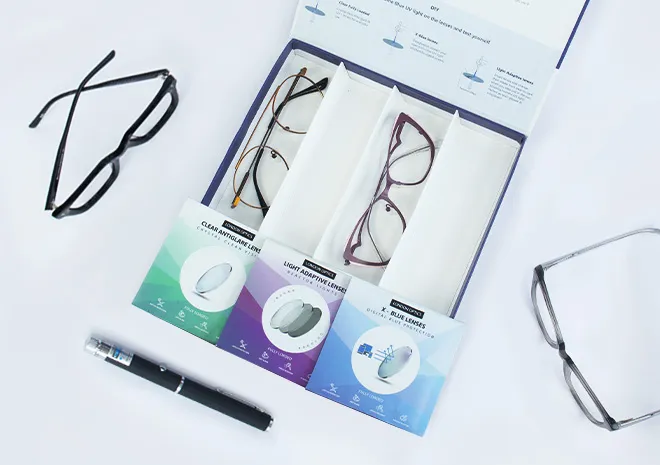

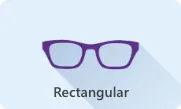

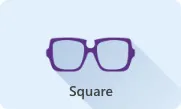

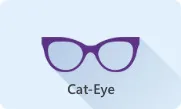




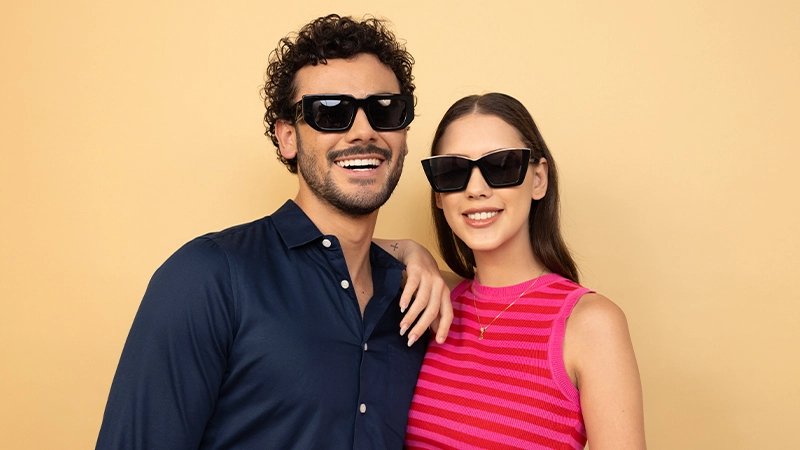
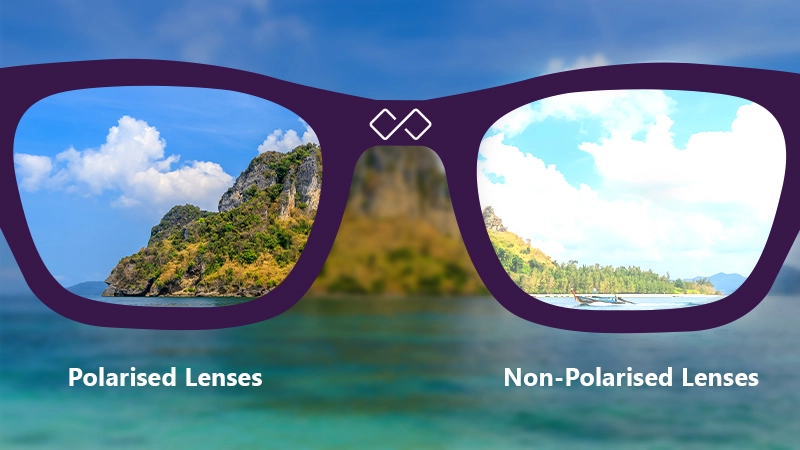








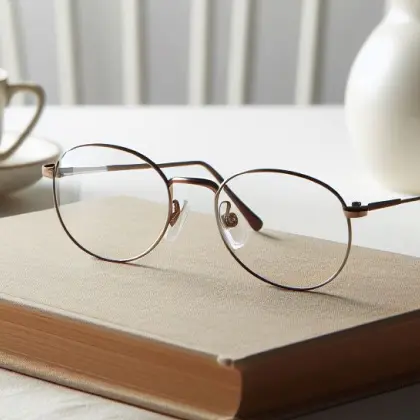

 Terrible
Terrible
 Bad
Bad
 Okay
Okay
 Good
Good
 Amazing
Amazing

 Google
Google


